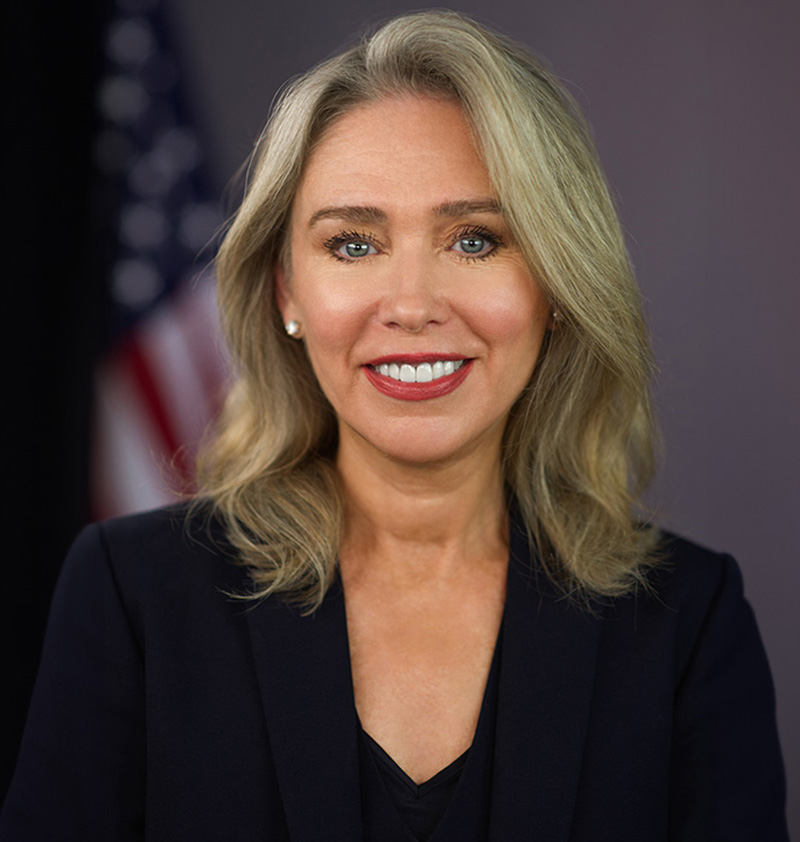Do you have information about money laundering or sanctions violations? Report your concerns under the FinCEN Whistleblower Program and other Anti-Money Laundering (AML) laws, and you could receive a substantial award. Contact us today for a free and confidential consultation.
If you’re looking for an anti-money laundering whistleblower attorney to help you report AML or sanctions violations safely, and apply for an award, contact our firm for legal assistance.
We represent employees at major financial institutions, such as bankers, compliance employees, and other executives, who report violations of the Bank Secrecy Act (BSA) and sanctions laws overseen by the Financial Crimes Enforcement Network (FinCEN).
Working with the Treasury Department and FinCEN, our team successfully advocated for the establishment and passing of an effective AML Whistleblower Program, which protects and awards international AML whistleblowers.
If you have original information about a money laundering scheme or other BSA or sanctions violations, get in touch with our AML whistleblower attorneys today. We can help you understand your rights and guide you through the process of submitting an anonymous tip, and applying for an award, which can range between 10% and 30% of the monetary sanctions collected.
Why Hire Our Experienced AML Lawyers?
Besides our influence in shaping modern AML laws, we’ve also represented several international whistleblowers who worked as bankers at the world’s largest financial institutions, including UBS, Danske Bank, and several others in the top five.
Kohn, Kohn and Colapinto represents Howard Wilkinson, a former UBS banker and whistleblower who in 2018 blew the whistle on a $234 billion Russian money laundering scheme that moved Rubles out of Russia and to the U.S. This is considered the largest money launder scandal in history – so far, $2 billion has been recovered.
Our Legislative Impact
Our team, working with the National Whistleblower Center and Whistleblower Network News, led a successful grassroots campaign that pushed for the passage of the Anti-Money Laundering Improvement Act.
The AML Improvement Act protects and incentivizes whistleblowers who expose the hidden wealth of oligarchs, sanctions violations, and the illicit financial schemes of criminals.
This bill allows the Department of Treasury to track down the billions of dollars laundered through American banks. And also, to seize the assets of Russian oligarchs and others who launder funds to hide their ill-gotten wealth.
- 2021: Kohn, Kohn and Colapinto led advocacy efforts urging Congress to fix the whistleblower reward provisions of the Anti-Money Laundering Act of 2020 (AML Act).
- 2018: Whistleblower attorney Stephen M. Kohn presented testimony before the European Parliament urging Europe to expand whistleblower protection to cover money laundering.
- 2018: Our firm, working with the National Whistleblower Center, successfully urged Congress to amend the IRS tax whistleblower law to include all crimes investigated by the IRS criminal division, including money laundering.
Our AML Expertise
Under the FinCEN Whistleblower Program, our firm handles a wide number of cases involving BSA violations and other various sanctions laws, such as the International Emergency Economic Powers Act, Trading with the Enemy Act, and Foreign Narcotics Kingpin Designation Act. Our expertise mirrors the violations which FinCEN is on the lookout for, which include:
- Reporting Failures: we represent whistleblowers who provide information about their institution failing to report Currency Transaction Report (CTRs) or Suspicious Activity Reports (SARs) when they suspect the transaction may be related to money laundering.
- Structured Transactions: we represent those who’ve been instructed by their financial institution to break up large transactions into smaller ones (structuring) to avoid raising red flags. And, we represent those who report their institution or others engaging in a similar activity.
- Recordkeeping Failures: our firm represents whistleblowers who report failure by their employer to keep tidy records as required by the BSA. This includes information about customer transactions and their identities.
- Known Your Customer (KYC) Failures: our firm represents whistleblowers who report the failure of their employer to perform customer due diligence (KYC) as required by law. Data must be kept current and up-to-date to ensure full transparency.
- Money Laundering: clients include whistleblowers who report an individual or their employer engaging in money laundering. This can be done at the institutional level through structuring, commodities investments, shell companies, and asset acquisitions.
- Sanctions violations: The Treasury Department’s Office of Foreign Assets Control (OFAC) administers a number of different sanctions programs that use the blocking of assets and trade restrictions to accomplish foreign policy and national security goals.The list of sanctions programs enforced by OFAC include sanctions against Russia, Syria, Iran, Chinese Military Companies, Terrorist organizations and Narcotics Traffickers, among others. You can report sanctions violations by companies through the FinCEN whistleblower program and become eligible for an award if OFAC takes action and collects million one million dollars in fines.
These are the areas where our team stands above the rest. We also represent whistleblowers who report activity related to terrorism, which could potentially threaten national security.
Reach out to Kohn, Kohn and Colapinto to obtain more information about the types of AML or sanctions violations that are covered under the FinCEN Whistleblower Program. You may be entitled to protection, an award, and other damages for your information.
We Represent Whistleblowers Under the FinCEN Whistleblower Program
The Financial Crimes Enforcement Network (FinCEN) whistleblower program encourages reporting of financial crimes, particularly money laundering and sanctions violations, by offering financial rewards, protections against retaliation, and confidentiality.
This program, established as part of the Anti-Money Laundering Act of 2020, significantly strengthens whistleblower incentives and protections compared to previous reporting mechanisms.
Key Actions and Benefits:
- Open to Anyone: Whistleblowers reporting money laundering can be located anywhere in the world and do not need to be U.S. citizens.
- Financial Rewards: Whistleblowers can receive up to 30% of the monetary penalties collected in successful enforcement actions based on their information, when those penalties exceed $1 million.
- Protection Against Retaliation: Employers are prohibited from retaliating against whistleblowers for reporting violations, and whistleblowers can seek remedies such as re-instatement and back pay if they experience retaliation.
- Confidentiality: Whistleblowers can report anonymously through an attorney and their identity is protected unless they are willing to be identified.
- Broader Scope: The program covers not only violations of the Bank Secrecy Act (BSA), but also sanctions violations.
- Original Information: Whistleblowers must provide original, timely, and credible information about violations to be eligible for rewards.
- Enforcement Actions: FinCEN can take enforcement actions against individuals or organizations involved in money laundering, financing of terrorism, sanctions evasion, fraud, and corruption.
- Statute of Limitations: The program allows for reporting violations that occurred up to six years before the whistleblower has reported.
If you want to learn more about FinCEN’s Anti-Money Laundering and Sanctions Whistleblower Program, we encourage you to read our FAQ.
AML Whistleblower? Get Legal Assistance
If you suspect an individual or entity engaged in AML violations, you need an ally you can trust to give you the best guidance possible and help you obtain the greatest possible compensation and protection against powerful foes. That is where Kohn, Kohn and Colapinto’s AML attorneys come into play.
Contact our AML lawyers for a free and confidential case evaluation. In many cases, we only get paid when we win your case, so there’s no obligation unless we work together and produce a favorable outcome.
Our AML Cases
Latest from Our Blog
Frequently Asked Questions
Wilkinson blew the whistle on a $230 billion Russian money-laundering scandal that moved rubles out of Russia, converted them to dollars at Danske Bank Estonia Branch, then to moved the dollars to New York. The largest money laundering scandal in history.








